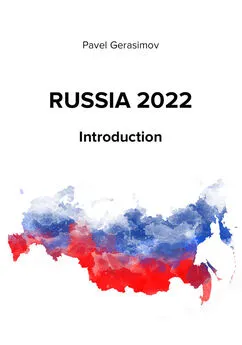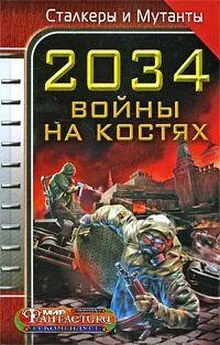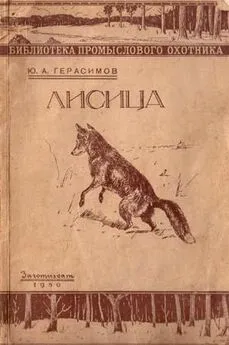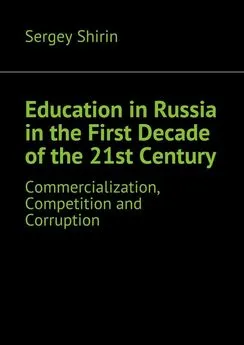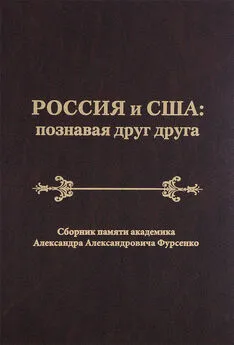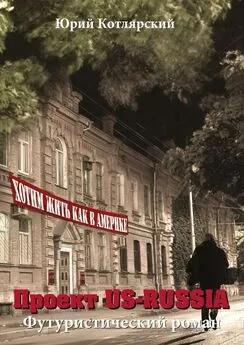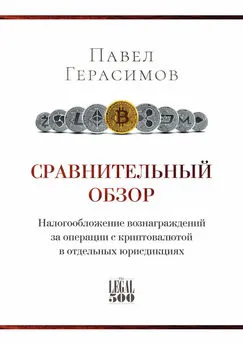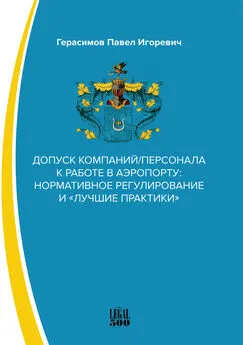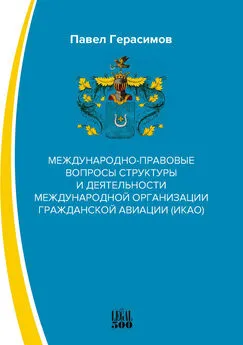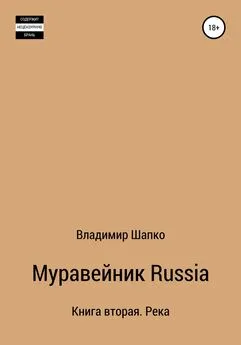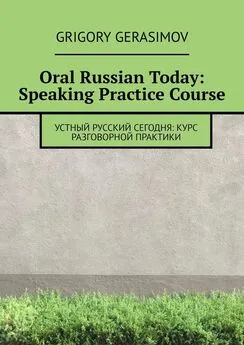Павел Герасимов - Russia 2022
- Название:Russia 2022
- Автор:
- Жанр:
- Издательство:неизвестно
- Год:неизвестен
- ISBN:978-5-00149-786-8
- Рейтинг:
- Избранное:Добавить в избранное
-
Отзывы:
-
Ваша оценка:
Павел Герасимов - Russia 2022 краткое содержание
Russia 2022 - читать онлайн бесплатно ознакомительный отрывок
Интервал:
Закладка:
The Prosecutor’s Office of the Russian Federation is a single centralised system in which lower prosecutors are subordinated to higher prosecutors and the Prosecutor-General. The Prosecutor-General is appointed to the post and relieved from it by the Federation Council on nomination by the President. Prosecutors are appointed by the Prosecutor-General.
RUS-125
The legislative process in Russia includes three hearings in the State Duma, then approval by the Council of the Federation and the president. The laws adopted by the State Duma are passed to the Council of the Federation for review. A Federal law is considered passed by the Council of the Federation if more than half of its deputies vote for it or if within 14 days it has not been considered. In the event that the State Duma disagrees with the decision of the Federation Council, a federal law is considered adopted if, after a second vote, at least two-thirds of the total number of deputies to the State Duma vote for it. Then, however, laws must be considered by the Council of the Federation. These are laws that deal with the issues of: the federal budget; federal taxes and duties; financial, monetary, credit and customs regulations and money transmission; the ratification and withdrawal from international treaties; the status and protection of the state border; and issues of war and peace.
The adopted Federal law is sent to the president. If the President rejects a Federal law the State Duma and the Federation Council must again consider the law. If, during the second hearings, the Federal law is approved in its earlier draft by a majority of not less than two-thirds of the total number of deputies of the Council of the Federation and the State Duma, it must be signed by the President.
RUS-150
Russia is a Federation with capital in Moscow (population – approximately 12,678,000). It used to consist of 87 Subjects of the Federation, but the number was reduced to 83 before the accession of Crimea. Currently there are 46 Oblasts, 22 Republics, 4 Autonomous Okrugs, 9 Krais, 3 Federal cities, and 1 Autonomous Oblast. These Subjects of the Federation (Regions) are deemed to have equal political rights but they are not equal in area, population or economic development.
They are (administrative divisions have the same names as their administrative centres, exceptions have the administrative centre name following in parentheses):
Oblasts:
Amur (capital – Blagoveshchensk), Arkhangelsk, Astrakhan, Belgorod, Bryansk, Chelyabinsk, Chita, Irkutsk, Ivanovo, Kaliningrad, Kaluga, Kemerovo, Kirov, Kostroma, Kurgan, Kursk, Leningrad, Lipetsk, Magadan, Moscow, Murmansk, Nizhniy Novgorod, Novgorod, Novosibirsk, Omsk, Orenburg, Orel, Penza, Pskov, Rostov, Ryazan, Sakhalin (capital – Yuzhno-Sakhalinsk), Samara, Saratov, Smolensk, Sverdlovsk (capital – Yekaterinburg), Tambov, Tomsk, Tula, Tver, Tyumen, Ulyanovsk, Vladimir, Volgograd, Vologda, Voronezh, Yaroslavl;
Republics:
Adygeya (capital – Maykop), Altay (capital – Gorno-Altaysk), Bashkortostan (capital – Ufa), Buryatiya (capital – Ulan-Ude), Chechnya (capital – Groznyy), Chuvashiya (capital – Cheboksary), Crimea (capital – Simferopol), Dagestan (capital – Makhachkala), Ingushetiya (capital – Magas), Kabardino-Balkariya (capital – Nalchik), Kalmykiya (capital – Elista), Karachayevo-Cherkesiya (capital – Cherkessk), Kareliya (capital – Petrozavodsk), Khakasiya (capital – Abakan), Komi (capital – Syktyvkar), Mariy-El (capital – Yoshkar-Ola), Mordoviya (capital – Saransk), Sakha [Yakutiya] (capital – Yakutsk), North Ossetia (capital – Vladikavkaz), Tatarstan (capital – Kazan), Tyva (capital – Kyzyl), Udmurtiya (capital – Izhevsk);
Autonomous Okrugs:
Aga Buryat (capital – Aginskoye), Chukotka (capital – Anadyr), Khanty-Mansi, Komi-Permyak (capital – Kudymkar), Nenets (capital – Naryan-Mar), Ust-Orda Buryat (capital – Ust-Ordynskiy) – from January 1, 2008 will be united with Irkutskaya oblast, Yamalo-Nenets (capital – Salekhard);
Krais:
Altay (capital – Barnaul), Kamchatskiy (capital – Petropavlovsk – Kamchatskiy), Khabarovsk, Krasnodar, Krasnoyarsk, Perm, Primorskiy (capital – Vladivostok), Stavropol, Zabaykalsk (capital – Chita);
Federal Cities:
Moscow, Saint Petersburg, Sevastopol;
Autonomous Oblast:
Yevrey [Jewish] (capital – Birobidzhan).
Subjects of the Federation have their Legislatures and governments, who act within the competence determined by the Constitution and, in some cases, an agreement between the Federation and the region. It is supposed that outside of the jurisdiction of the Federation and the joint jurisdiction of the Federation and the Subjects of the Federation, the Regions exercise the entire spectrum of state power. In reality most of the Russian laws are in the Federal competence and as such have superiority over Regional legal acts. Another complication of relations between the Federation and the Regions is the composition of the tax and budget systems. At the moment the majority of Regions receive financial assistance from the Federal budget.
RUS-175
There are over 20,000 municipalities in Russia. The structure of a municipal government is determined by the regional legislation under the legal framework established by the Federal laws and includes a legislative body at local level.
Sources of Law
RUS-200
The Russian legal system in its main features follows those of the European countries. The principles and ideas lying in its foundation are the inviolability of ownership, freedom of contract and the judicial protection of rights along with others that are recognised and shared by modern Western society. Most Russians share Western social values. Moreover, they truly consider themselves to be a part of the Western culture. However, Russia has somewhat different experiences and its own answers to historical challenges.
For those doing business in Russia or with Russians an understanding of the role of law in Russian society is of important practical value. It is likewise important to understand the difference not only between law and repression but between law and other forms of regulation of the human relations like, for example, economic or social pressure, religious beliefs or family relationships. Law is the product of long historical experience and not merely a product of the legislative power of the sovereign. The idea that the law-maker may enact any law it pleases has ignored the fact that law in a deeper sense, like other social institutions, is a living tradition. Law is a part of a culture and as such it is intimately connected to the whole historical experience of a nation.
According to a leading sociologist, Talcott Parsons, Western social institutions are based on the institutions of ancient Greece and Rome. This relation has three main “bridges”. First of all, the Western Christian Church kept an idea of formal equality of all people as an example for the whole society – a society where there are no privileges, and everybody is equal in the sight of God, who appreciates them according to their individual qualities. On the other hand, the Western Church was always a unified institution, with the centre in Rome, independent from civil government. Secondly, the organization of Western medieval cities, just as in a modern society, was based on principles other than personal relationship or origin. A medieval city with private property and market became a point of growth for modern economical institutions. Thirdly is the legacy of a Roman-Greek legal structure with professional bureaucracy, an army and uniform law for the whole country.
Russian social and legal institutions emerged from a background very similar to that of the Western Europeans. The Slavonic tribes, predecessors of Russians, seem to have had a social order not essentially different from that of Germanic tribes who settled in the West. The laws of ancient Russia were similar to the Anglo-Saxon or Germanic or Frankish law at this time. Russians as well as West Europeans were converted from paganism to Christianity and despite provincial differences shared the ideas of the Western Church. However, if we view Russian history as a whole and compare it with the history of the West we see that perhaps the most striking difference between the two histories is the relative deficiency of the role of law in the Russian social relations. The historical choice of the Russian society was that the law as an institute of the formal rules and procedures did not supersede completely the informal rules and regulations.
When the Bolsheviks came to power as the result of the Socialist Revolution in 1917 they considered law as the instrument of class exploitation. The People’s Commissariat of Justice enacted in 1919 “Leading Principles of Criminal Law”, which stated: “only with the final smashing of the opposing overthrown bourgeois and middle classes and with the realization of the communist social order will the proletariat annihilate both the state as an organization of coercion, and law as a function of the state.”
Moreover, they saw a legal system as a reflection of the market and expected that the abolition of the market and of economic individualism would bring about “the withering away of law in general, that is the gradual disappearance of the juridical element from human relations” (E. Pashukanis, The General Theory of Law and Marxism (Transaction Publishers, 2001)).
Despite the fact that the Communists soon set aside the idea of the inevitable withering away of law in the Soviet Union, a large part of social relations was outside of the legal regulation. Moreover, many forms of commercial activity were directly outlawed. For example, for private entrepreneurship one could be imprisoned for up to five years with confiscation of all property; for speculation, which was effectively a trading operation, where profit is made on the margin between purchase and selling prices, one could be imprisoned for up to seven years; for transactions with foreign currency, one could have been sentenced for up to eight years. Land, real estate, machinery and other means of production were by far owned by the State. The institute of proprietorship was abolished, and the inheritance was made unjustly complicated.
That said, however, it does not mean that there is no law at all in Russia or that law is just a window dressing for a system of hierarchical subordination backed up by force and corruption. On the contrary, Russian law stands on determined and clear legal principles following in its main features the legal principles of the modern Western society. Moreover, in this writer’s view, rule of law is still and was possible even during the darkest years of Russia’s history.
The truth probably is that in Russia the law is competing with other forms of social regulation to a much larger extent than that in most Western countries. This conflict being a part of the everyday life, it largely influences the way business is done in this country and those considering undertaking business in Russia should be prepared for the cumbersome and ineffective work of some governmental bodies, even though in recent years the availability and speed of most government services provided improved drastically, mostly because of widespread governmental e-services; there is a tendency of state authorities and even courts to interpret Russian laws narrowly, reducing one’s private rights, and there is a negligence of the law by certain parts of Russian society. It also shall be taken in account that in recent years protectionist tendencies and so-called “protection of traditional values” are on the rise.
Читать дальшеИнтервал:
Закладка:
